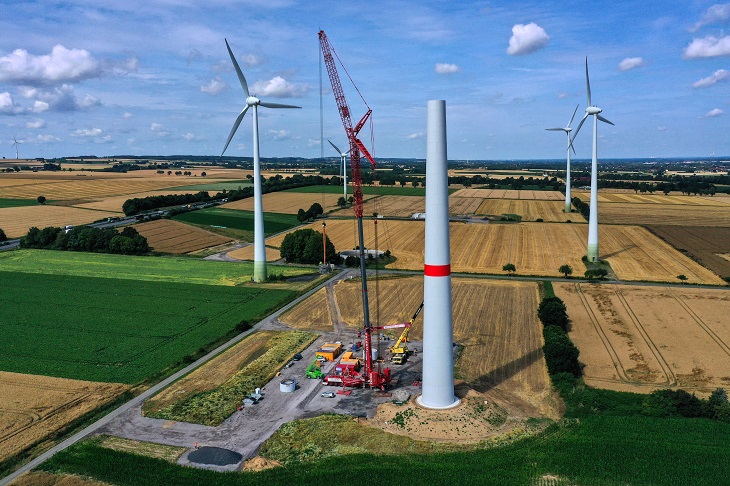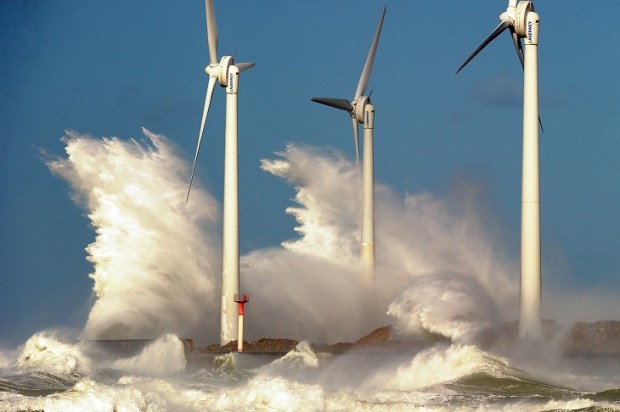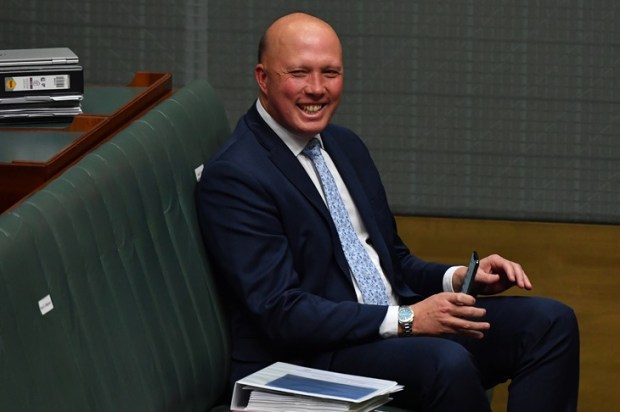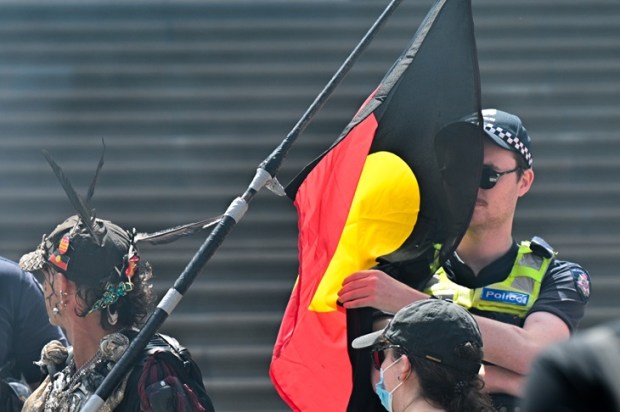‘It takes too long:’ Solar and wind farm blockers to be weeded out to fast-track renewable projects. That was the headline in Renew Economy this week, referring to private landholders and farmers as ‘weeds’ to be removed because they raised objections to the march of renewable energy.
The content of the article was worse than the headline, revealing Victoria’s plans to pretty much hand-wave legitimate concerns from rural citizens.
Already a subscriber? Log in
Subscribe for just $2 a week
Try a month of The Spectator Australia absolutely free and without commitment. Not only that but – if you choose to continue – you’ll pay just $2 a week for your first year.
- Unlimited access to spectator.com.au and app
- The weekly edition on the Spectator Australia app
- Spectator podcasts and newsletters
- Full access to spectator.co.uk
Or


























Comments
Don't miss out
Join the conversation with other Spectator Australia readers. Subscribe to leave a comment.
SUBSCRIBEAlready a subscriber? Log in